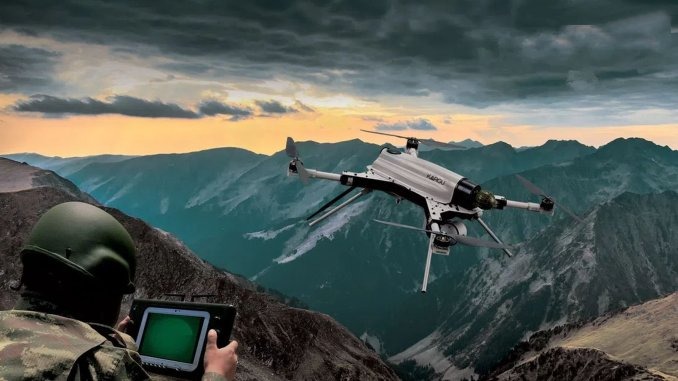Mr Chinemelu Ezeh, a software expert, has encouraged the federal government to use artificial intelligence (AI) to combat insecurity and other difficulties in the banking and health sectors.
Ezeh made the suggestion in an interview with the News Agency of Nigeria (NAN) on Wednesday in Abuja, stating that Nigeria is ideal for AI.
According to NAN, Britannica, an encyclopedia, defines artificial intelligence as the ability of a digital computer or computer-controlled robot to accomplish tasks often associated with intelligent beings.
Ezeh, a robotics and AI expert, stated that if properly used, the nation will profit much from AI, and the various sectors will be improved for optimal delivery.
According to him, AI has evolved throughout time to be a technical instrument capable of performing jobs in the same way, if not better, than humans.
The expert stated that utilizing AI and a smartphone, a listening system could be installed to monitor for certain keywords used by attackers against Abuja citizens who may be victims of ‘one chance.’
According to Ezeh, the AI device may be programmed to check for specific comments and keywords, and if the attackers in the vehicle say something hostile or use those key words or phrases, it will automatically wipe the victim’s important information.
“It then alerts the service agents to where the victim is, because a lot of times the attackers want your phone and want to transfer money from it.
“However, if you don’t have anything on you, you are more or less safe, so that’s actually something that can work.
“This is not a solution that you see in the West because they don’t have this problem, but it’s something that we will have to make for ourselves and it’s not actually hard,” the expert said.
Ezeh added that the use of drones would go a long way in enhancing military operations as that was the future of modern military operations.
According to him, drones are very cheap now and the technology is very accessible.
“With drones, you can even monitor our digital assets and maritime assets. All of these are already being done in the west and it is cheaper than using helicopters to try to safeguard these assets.
For the health sector, the ratio of one doctor to 5,000 patients which is against the World Health Organisation’s (WHO) recommendation of one doctor to 600 patients can be solved while using AI.
“With AI, you can have one doctor serve a lot of people especially now that more doctors are planning on going overseas for work.
“Imagine if you feel unwell, a lot of people go to the pharmacies and get diagnosed for an ailment and sometimes the pharmacist misdiagnoses a patient.
“So, rather than going to the pharmacy, you can have an app and through it interact with the agent and then they can offer you some hints about what you need to do.
For the financial sector, Ezeh said that the nation’s financial setup was not optimal and that a lot of work needed to be done in that regard to reverse the trend.
“There are lots of financial services that don’t move quickly, if you decide today on whether you want a loan or not, it takes a while.
“So, it’s still this manual process but if you can automate a lot of these things, you’re putting the actual human away from the loop.
What that does is that it avoids bias because you do not have to pay or bribe somebody.’’
He also encouraged youths to explore AI to provide jobs for themselves, adding that many opportunities abound using the technology.
“The interesting thing about AI is that there are a lot of opportunities for the average person to leverage on AI, people do not understand how impactful this revolution is.
“This is big and is going to hit everyone. Someone said AI is the new electricity, it’s as big as that, it’s fundamental but at the same time AI is not there yet.
“What I mean by that is people will say AI will replace doctors. Sometimes you just need to interact with a human being, you want to make negotiations, so AI will not replace a doctor.
“AI is developing so fast that it’s almost moving faster than we can adapt to change, but at the same time, it’s not 100 per cent. So, we are not sure what the future is going to be.
“However, what we are sure about is that AI is going to change the nature of competition around the world, it is going to change the nature of work in a very fundamental way.”
He added that though it was just a tool, the nation has to carefully think of how it wants to use it for optimal benefits.









